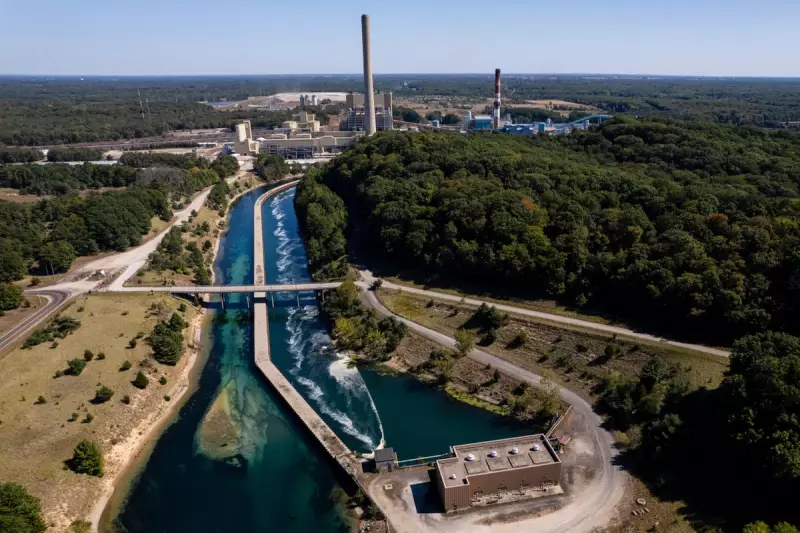
The Trump administration has intervened for a second time to prolong the operation of a major Michigan coal-fired power station, overruling its scheduled closure date amidst claims of a national electricity emergency.
Emergency Orders Keep Aging Plant Online
The J.H. Campbell power plant, which first opened in 1962 near Lake Michigan in Ottawa County, was originally slated for decommissioning by utility company Consumers Energy on May 31. However, the U.S. Energy Department issued an order compelling the plant to remain active for an additional three months, arguing its power was essential for grid reliability during the summer heat.
That initial directive has now been extended twice. The most recent order, announced on Tuesday, 19 November 2025, mandates the plant continues generating electricity until 17 February. Federal authorities insist that without the plant's substantial 1,450-megawatt output—enough to serve up to a million people—homes and businesses across the central United States face a genuine risk of blackouts.
Mounting Costs and Legal Challenges
This political decision carries a significant financial burden. In a securities filing made in October, Consumers Energy revealed that the net expense of continuing to run the plant through September had reached a staggering $80 million. This cost is being shared by customers who are part of a multi-state electric grid.
The move has sparked fierce opposition. Environmental organisations and Michigan's own attorney general have launched legal proceedings to overturn the federal orders. Critics of the administration strongly dispute the characterisation of an emergency, suggesting the rationale is politically motivated rather than based on genuine grid needs.
"The costs of unnecessarily running this jalopy coal plant just continue to mount," said Earthjustice lawyer Michael Lenoff, encapsulating the frustration of those opposed to the extension. Michigan's utility regulators also previously criticised the May order, though they have yet to comment on this latest development.
A Clash Over America's Energy Future
This ongoing saga highlights a fundamental tension in U.S. energy policy. The Trump administration's actions prioritise immediate energy security and reliability, using emergency powers to keep traditional fossil fuel infrastructure online. Meanwhile, Consumers Energy and environmental groups are pushing for a transition to cleaner energy sources, viewing the ageing Campbell plant as a costly and polluting relic.
With the plant now set to operate until mid-February and legal battles underway, the future of the J.H. Campbell facility remains a contentious symbol of the broader debate over how America powers its homes and industries.





